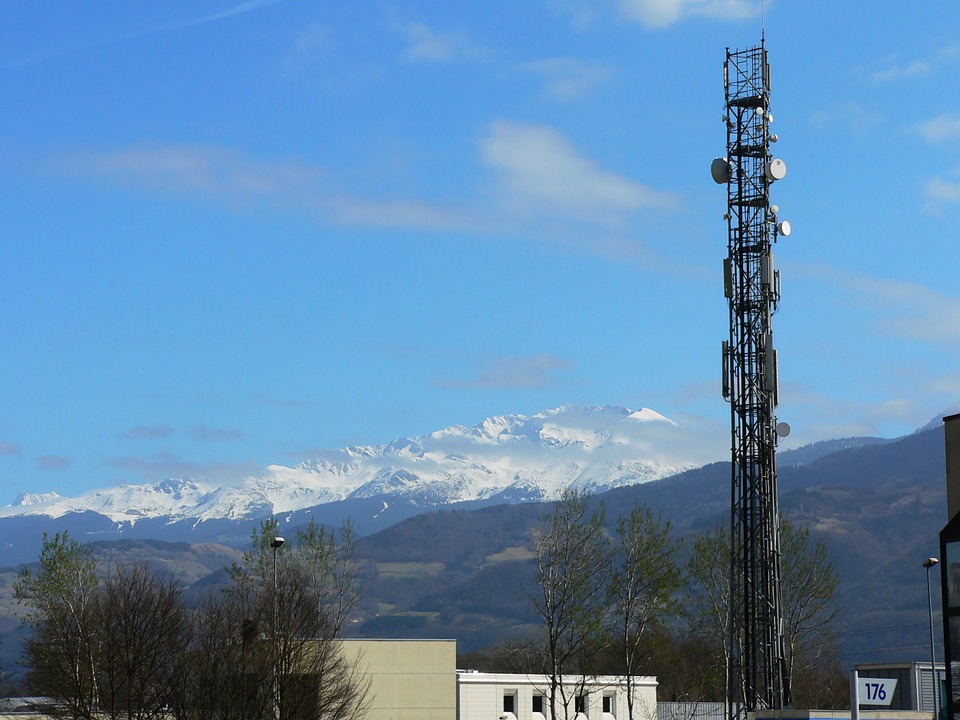The Problem
In August 2021, ISED – the Canadian spectrum regulator – published two public consultations related to spectrum licensing aimed at fostering network deployments and access to underused spectrum in rural and remote areas:
- Amending Cellular and PCS Licence Conditions – including deployment Conditions at renewal (the first Consultation); and,
- New Access Licencing Framework, Changes to Subordinate Licencing and White Space to Support Rural and Remote Deployment (the second Consultation)
ISED’s overall objective was to improve access to service for rural and remote Canadians by imposing new deployment requirements on existing spectrum licences and by introducing a new licencing framework in rural and remote areas for unused spectrum.
An association of Small Incumbent Local Exchange Carriers engaged Networks, Economics & Strategy (NE&S) to undertake research and analysis in order to develop the well-argued, balanced submissions defending its members’ interests as well as the review and analyis of other stakeholders’ submissions in order to prepare the client’ Reply Comments for the ISED consultations.
How we Helped
NE&S assisted the clients as follows:
- Analysis of the potential of ISED’s proposal from the Consultation documents considering their impact on the existing regulatory framework and their compatibility with ISED’s cited rural policy objectives.
- Identification of strengths and weaknesses of ISED’ proposals
- Benchmarking research of other developed jurisdictions
- Licensing process review
- Examen of the technology evolution, spectrum needs and utilization of service providers
- Identification of policy gaps resulting from the lack of coordination between the regulator overseeing Canadian wholesale telecommunication tariffs and the regulator handling spectrum resources, especially emphasizing CRTC’s new MVNO regime
- Preparation of draft for the Comments phase of the Consultations
- Review the positions of other stakeholders and preparation of a Reply to Comments draft.
NE&S reviewed previous regulatory submissions prepared by our client on issues related to the consultations to ensure consistency. In the two submissions, NE&S supported the client by demonstrating the importance of its members as essential partners in creating a competitive telecommunications market and in the development of the local economy in rural and remote areas.
In the Reply to Comment phase of the 2 consultations, NE&S reviewed the key responses from the intervenors and grouped the submissions and proposals by key themes. NE&S prepared a synopsis of key arguments, issues and proposals by other key parties with our recommendations on prioritizing, supporting or rebutting the comments.
Impact
NE&S’s professional support during the submission process helped the client submit comments and reply to comments to ISED of good quality and in a timely manner.



